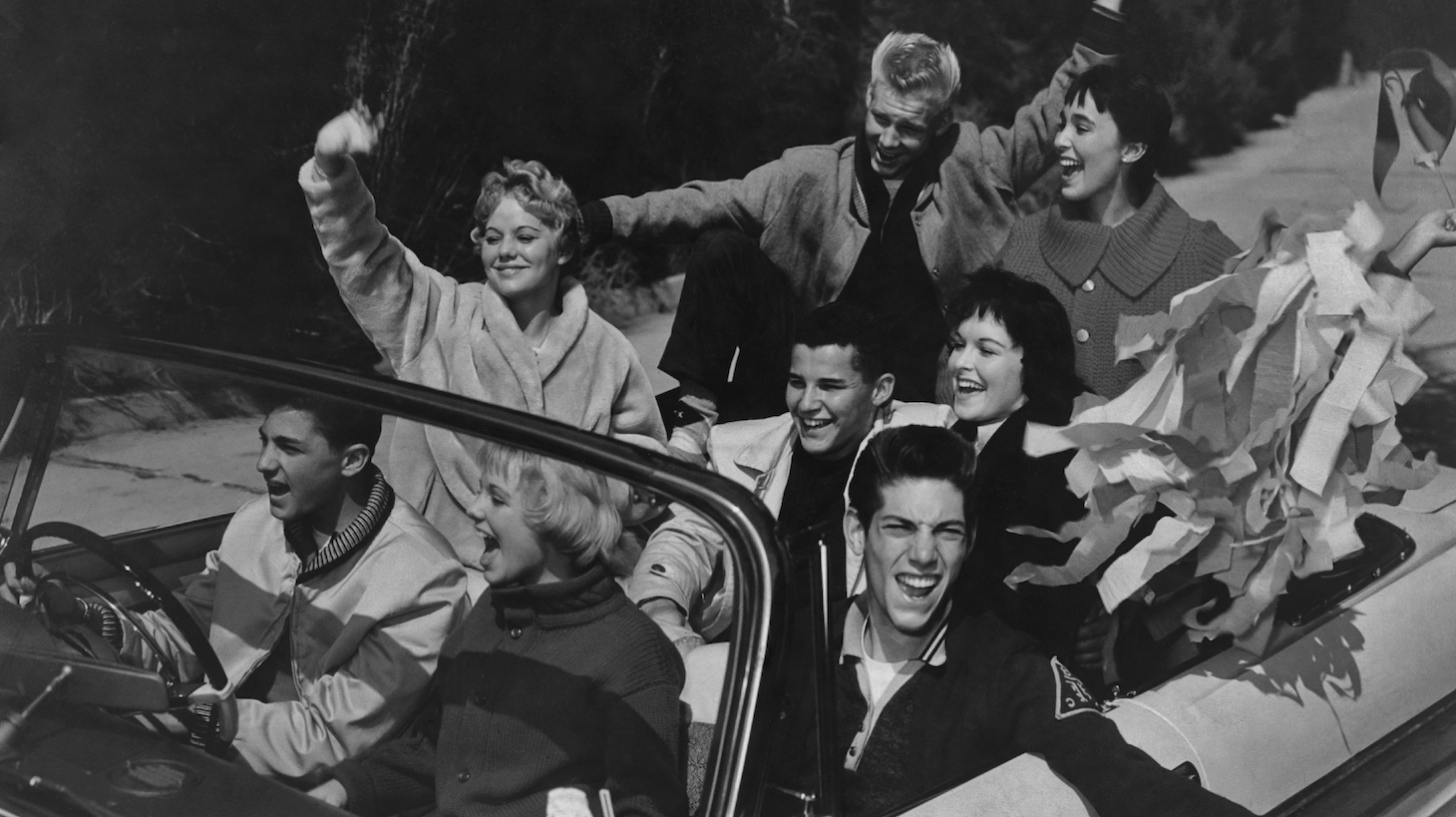When I was 8, one of my parents’ friends gave me a very beautiful edition of Understood Betsy by Dorothy Canfield Fisher. Understood Betsy is a children’s book from 1916, and in it a pallid, neurotic, city-dwelling girl becomes a stalwart inhabitant of rural Vermont by doing chores and being told that she doesn’t have to talk about her feelings. I was pale, lived in a city, worried a lot, did almost nothing around the house; I took the gift as rebuke and invitation. I still see it that way now, more than three decades later, which answers the question of whether I ended up less neurotic than I started.
This may make it seem like I didn’t like the book. I loved it. I read it all the time. It has remained on my bookshelf through so many moves that I have lost track. It was the kind of book that I most loved as a child and that I continue to love as an adult: in which a child learns to do something and as a result grows into being a better person. I had so many of these books. While my own life careened from one half-considered enthusiasm to the next, I read about young people who were diligently transforming themselves through discipline and immaculate scheduling.
Particulars feel a little pointless here; the person who doesn’t immediately recognize the genre may be doomed to bafflement in the face of any amount of loving description. Still, as a starting point, consider the Shoe books, written by Noel Streatfeild over an enormous percentage of the 20th century. In them, children motivated by some combination of economic necessity and innate artistic drive become professionals in the fields of dance, theater, tennis, skating, the circus, etc., thereby forming a kind of textual version of the long-ago MTV show Made, in which coaches yelled at young people until they mastered bull-riding. The books themselves have any number of pleasures—the overalls made to a Russian pattern, the seed pearl necklaces, a view of people’s character so deeply cynical that it edges back around to generosity, the food—but the thrumming engine of them is the depiction of effort and its transformative effects.
This was, again, not at all the way I lived my own life. There are lots of things I regret about the kind of child and teenager and young person I was and most of them are the lack of kindness I showed other people, but the wild attempts to catapult myself instantaneously into a different person—through haircuts, through imperfectly understood cultural references thrown around with abandon, through the desperate attempts to befriend people who seemed like they already understood the world I wanted to inhabit—are not regrets at all.
And yet, my vocabulary of learning absolutely comes straight from this children’s literature of effort. Some of this is because of the greatness of the books themselves. One thing the Shoes books get absolutely right is the weird non-linearity of attainment. Sorrel in Theater Shoes “found that things happened to her. One day, quite suddenly, she knew what her hands should be doing. Another time, she discovered how she should get from one place to another across the stage.” But even when we’re given Nicky in Tennis Shoes tormented by her family in the interests of developing concentration, it still feels true because it’s the conventional formulation of how people learn things, how children grow up. It’s Effort Over Time, Malcolm Gladwell counting out the exchange rate in the background.
In opposition, the books give us, usually early on, a moment when the main character engages in some piece of pretentious fakery. This is punished not by outside authorities, but by inner understanding of wrongdoing, followed by renewed will to work. So, in Circus Shoes, Santa pretends to know how to play the violin in order to impress the children who have grown up in the circus, until one day her violin actually arrives and she is forced to play. In Understood Betsy, Betsy tries to establish superiority over her Vermont relatives by talking about road-paving; some quiet questioning makes it clear that this is a topic on which she does not actually know shit. In Paintbox Summer by Betty Cavanna, the main character pretends she knows how to sail a ship; someone falls overboard. In these books, you don’t get to wake up one morning and decide you’re going to be a goth; if you dare to try, you will come to regret it.
It feels and is ideological—Goofus and Gallant in action, an illustration of the kind of poor choice and pretension that leaves Jennifer Garner in 13 Going on 30 stuck with the scheming Judy Greer as a friend rather than the handsome and good Mark Ruffalo. As a concept it has so much gravitational pull that I am always forgetting that in the incredible Betsy in Spite of Herself by Maud Hart Lovelace (it’s a different Betsy) or The Makeover Club by Suzanne Weyn, the main characters, while coming away with a renewed appreciation for their inner selves, also feel that they’ve learned things from pretending to be other than who they are. Admittedly, some of these things are the importance of deception in getting and keeping a man—still, there’s something liberating in being told that you’re allowed to pretend.
After all, I learned things through my fakery. I wanted to be seen as the kind of person who actually loved The Band and so I pretended to be the kind of person who listened to The Staples Singers, which made me the kind of person who bought records by The Staples Singers, and it was all fake, every step of it, until it wasn’t, and I was never once humiliated along the way, or, at least, I was humiliated by a million things, but none of them were my pretension. I do not actually endorse ditching your childhood friends because you do not believe that they are capable of being cool in the way you want to be cool, but I do endorse making dramatic and superficial changes in pursuit of flawed and partial and soon-to-be-superseded ideas of what it means to be cool, and sometimes doing that means that the people that you are friends with at the end of the process are different than the people you were friends with at the beginning of the process. And even if the dramatic and superficial changes turn out to be poorly thought-out, and also the new people turn out to be worse than the old people in every way, and also the old people grow up to be Mark Ruffalo, it may still well have been a worthwhile thing to do. You don’t know things until you know them. Friendship is not an investment vehicle with assured dividends; you do not want to be waiting to cash out.
There is a person on the internet called the Taiwan Walker who posts very beautiful videos in which they walk around Taiwan and who is not to be confused with Mets pitcher Taijuan Walker. The videos follow the walk step by step, but also each video starts with a montage of the territory they’re about to pass through, set to a catchy and inspirational synthesized tune. These intros are currently one of the things on the internet that makes me the happiest. In addition to the fact that they are aesthetically pleasing objects, a lifetime of movies and television shows have trained me to understand that a montage means good things are happening, that someone is getting better and stronger, becoming the person they were meant to become. It is the kind of moment that in real life can only be generated by memory, by taking the destination and piecing together a set of inspirational steps that got us there, and even then that process erases so much of what actually happened or mattered along the way.
I love montages even in those cases, like that of the Taiwan Walker, where the narrative implications come from my own misfiring neurons. I never want the montage to end. It is clear to me that this impulse is related to reading the Shoes books as a kid; it is less clear if it is an innate impulse that found its outlet in those books or if the books themselves shaped something that could have taken other forms into this specific hunger.
Because, and this is very obvious but did not occur to me for a very long time, the act of reading books about children engaged in virtuous exertions could not be more different from actually engaging in virtuous exertions. I read Understood Betsy precisely instead of helping my mother with the dishes, precisely instead of making my bed. I read Understood Betsy and worried about the way I was and thought about my feelings and became less and less stoic. Every moment of reading these books, in other words, moved me further away from the virtues they depicted. The books trained me to want to become better and different than I was, and trained me to think about the process of becoming better and different as one requiring effort and discipline, but they also trained me to experience the process as a blur and a fiction. And that’s fine. I do know how to do things now that I didn’t know when I was 8; it turns out existing as a person in the world will do that to you.






